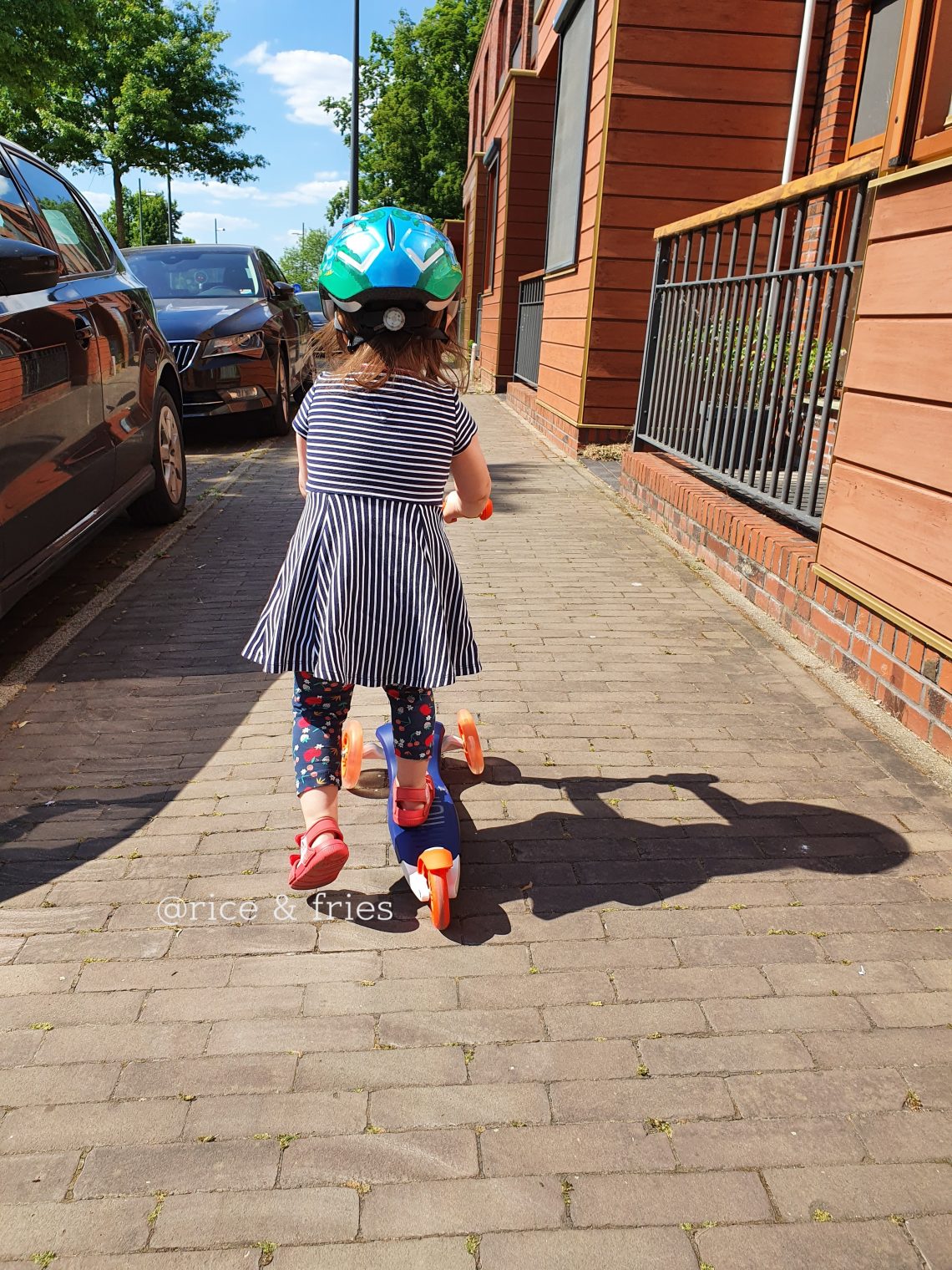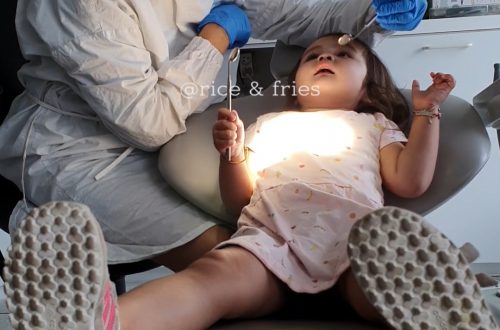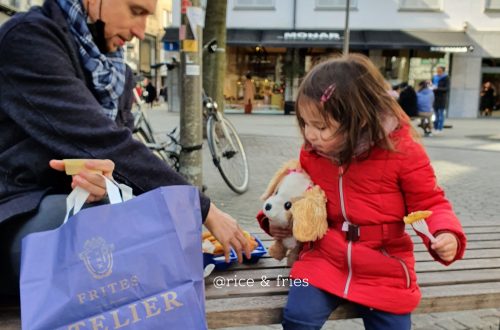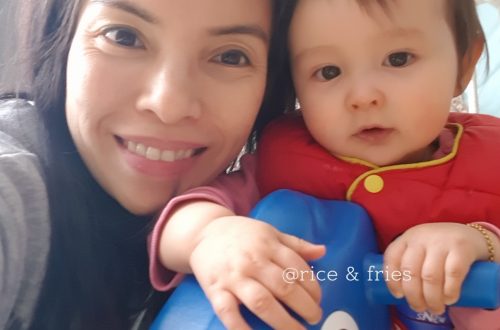
The loneliness of special needs parents
The people in our lives—be they acquaintances, neighbours, teachers, doctors, friends, parents, family members—don’t really understand what it’s like to raise a child whose needs, and challenges are different from those of the average child. Unless they have walked the same path themselves.
Social isolation:
We don’t want to be isolated, yet sometimes because of our children’s needs we find ourselves alone.
When our children can only drink from the bottle while sleeping, it is impossible to go outside, let alone have fun. The few hours in between feedings were needed to feed ourselves, pump milk and get ready for the next dream feeding session. Then comes the phase where it takes 10 hours a day to spoon-feed our children 650cc milk every day.
We have lost some friends because they could not comprehend what we were going through, and that we didn’t have time for them anymore.
It’s impossible to have a family member or babysitter look after our kids because there are too many things that should be taken into account. Some things we can barely manage ourselves, so how can others?
Next to that, the PTSD and the anxiety that’s often developed because of all the feeding issues leave us paralysed. We don’t want to go outside, there is this need to stay home where we have everything we need within reach, it’s the only place where we feel safe. It’s where we don’t have to small talk to other people, where it is okay to break down because it’s just too much to handle.
Covid (though horrible what it has done to so many lives) was a blessing in disguise, as we were already used to isolating since our children were born. Now we didn’t have to justify ourselves.
Comparing our child to their peers:
We try not to compare, but sometimes it’s hard not to notice how different our children are to their typical peers.
Other children of the same age, can eat the same things as adults. They have a good appetite and enjoy eating. Whereas for us it’s trial and error, giving various foods hoping that they will eat a little bit. Unlike their peers there is no interest in sweets, ice cream or chips (not much at least).
And more:
It is tiresome when other people, even family and friends throw judgment at us, or give unsolicited advice.
No, our kids are not manipulating, they are not divas, they have sensory issues and trauma’s. They have disorders and are not able to eat and process certain foods, they are not stubborn.
It is insulting when people hint or even state they could do better and that our children’s behaviours are a result of poor parenting. Even medics conduct in ‘parent blaming’, the professionals who should be helping us and our children.
The constant confrontations with daycare, schools, doctors, therapists, insurance companies, etc, is exhausting.
Some people don’t even give our kids a chance.
The future:
We worry about the unknown, about what the future holds. What will happen to our children when we are not around? And how do we let go?
Dealing with the diagnosis:
When we first received our child’s diagnosis, we were actually relieved. We were finally heard, our gut feeling was correct. We are not doing a crappy job as parents. It was a very unfortunate string of events which lead to infantile anorexia.
We grieved the loss of the child we thought we would have. Because the dreams, the ideas that we had about how it would be, and how it should be when becoming parents had to be dropped.
Once we dealt with the diagnosis, we finally started getting the right treatment to help our little girl (which we often need to find ourselves). We are very thankful for the recovery journey with NoTube’s help.
And lastly, even though we are making steps, we are not there yet. We still have to deal with the everyday realities of our children’s needs, 24/7.




